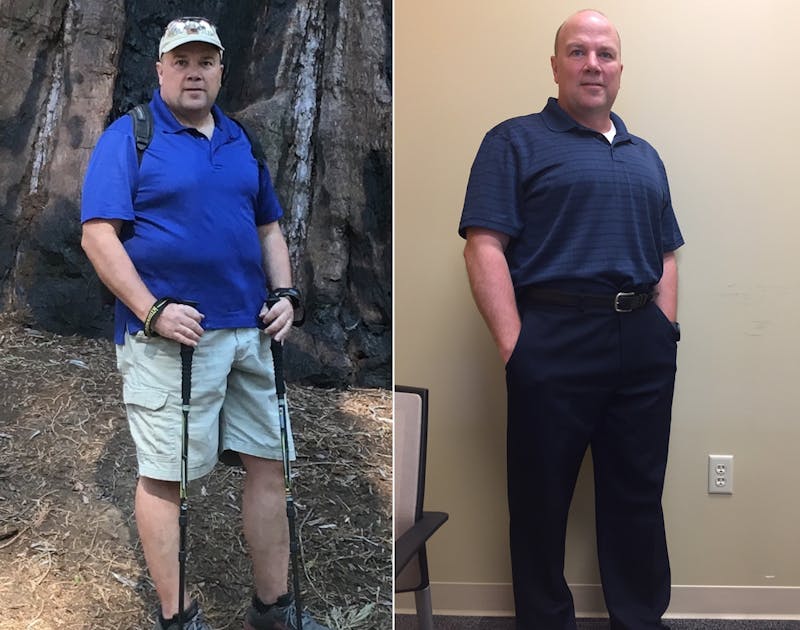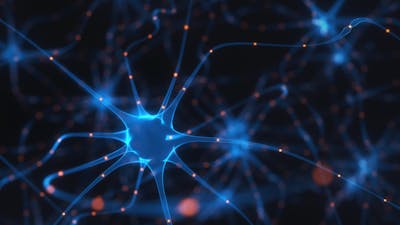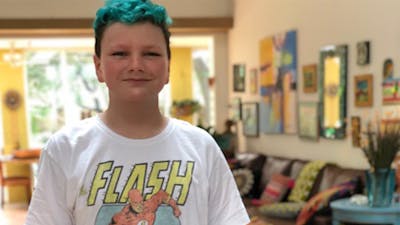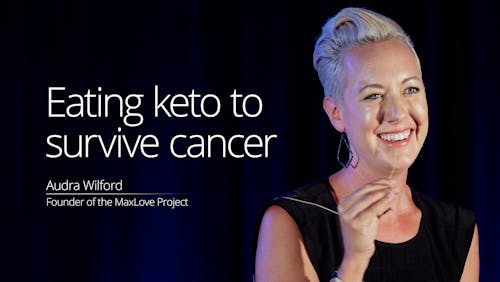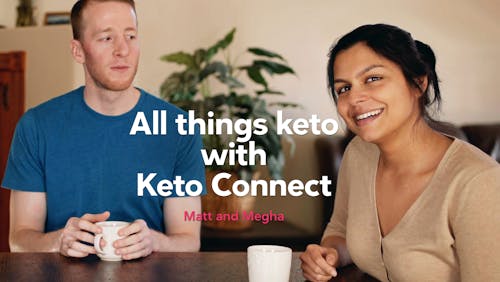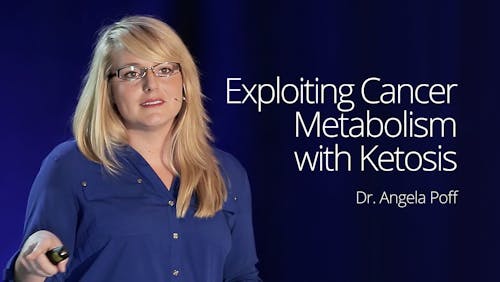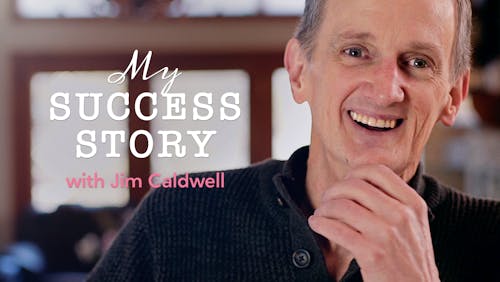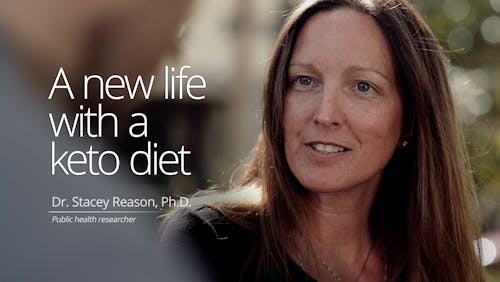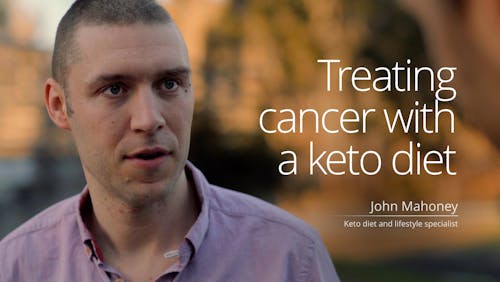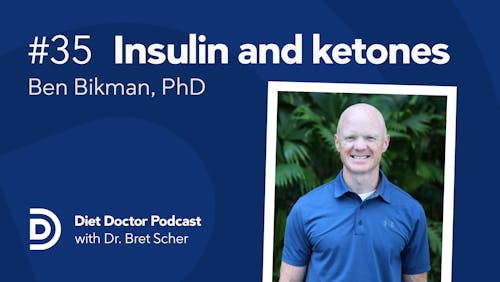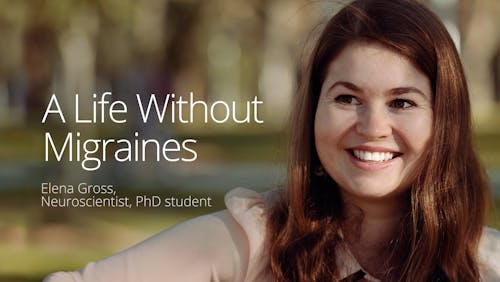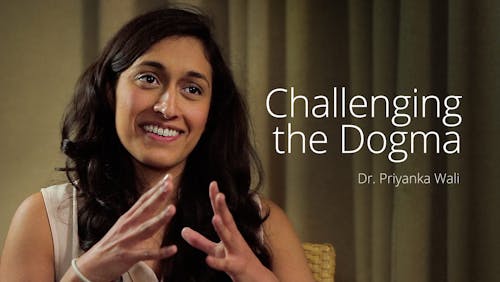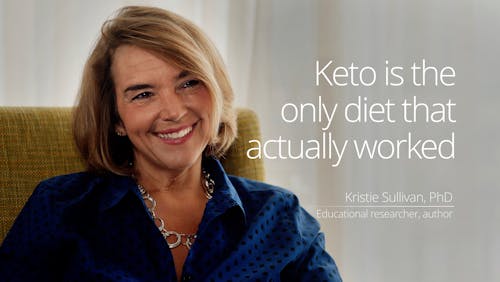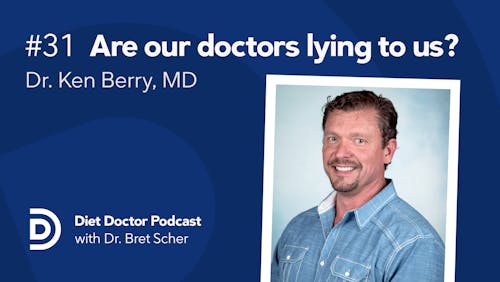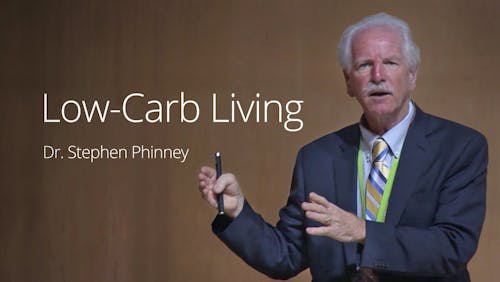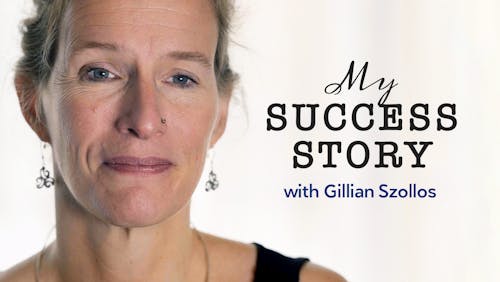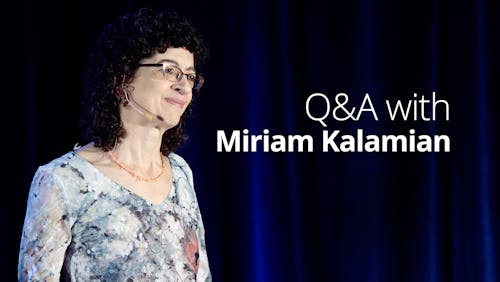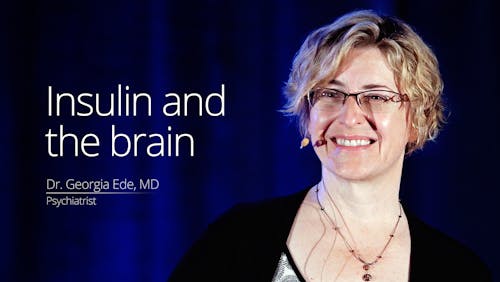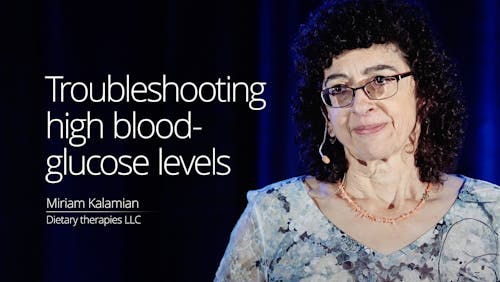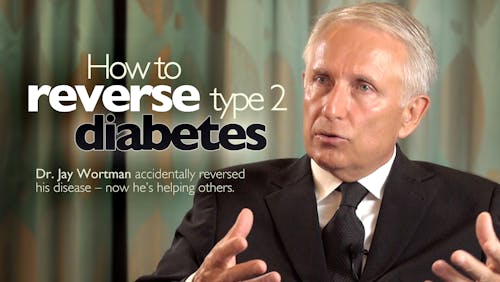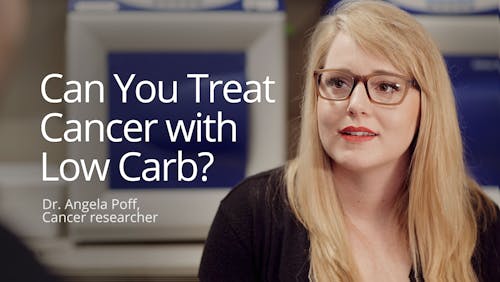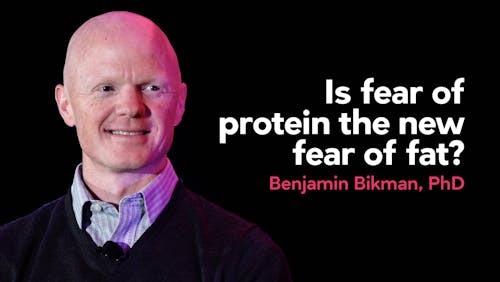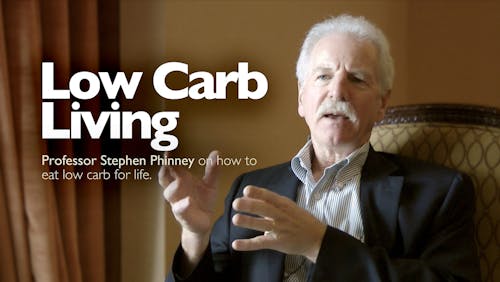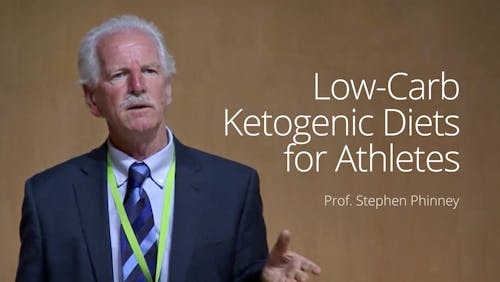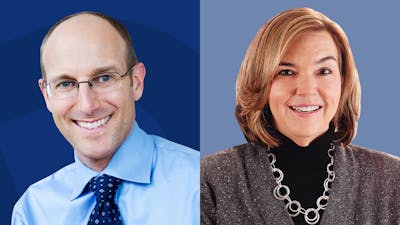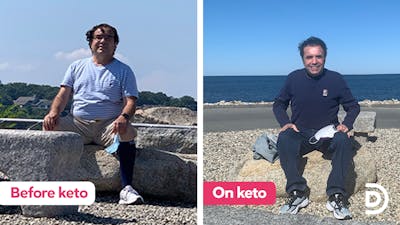Can keto help certain kids? A pediatrician’s story
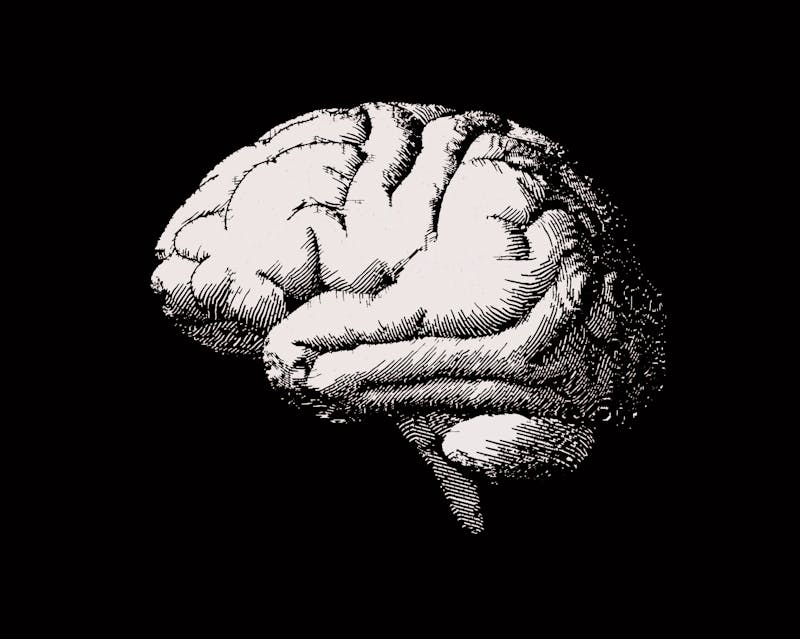
Recently, in a story about the ketogenic diet for children with neurologic and developmental conditions, we told the inspiring story of the Nusky family, of Cincinnati. Their 8 year old son Brandon had dramatic improvements in his symptoms of Tourette Syndrome, OCD, and ADHD after adopting a ketogenic diet — and his dad lost 100 lbs (45 kg), too!
Brandon’s pediatrician had suggested the diet to the parents, saying “It’s challenging, but it may help.” That pediatrician was Dr. Wade Weatherington. Here is Dr. Weatherington’s own inspiring story — why he not only recommends low-carb/high-fat or ketogenic eating to motivated families in his practice, but follows it himself.
Dr. Weatherington’s story
I am a pediatrician practicing in the Cincinnati region and I became aware of LCHF and then keto about three years ago due to my own health problems. Despite having a “healthy diet” and being very active (running marathons, black belt in Tae Kwon Do) I gradually began gaining weight in my mid-30s and by my mid-40s I had become obese, developed hypertension, hypercholesterolemia and ultimately developed type 2 diabetes when I turned 49, three years ago.
Being a doctor myself, through all this, I sought medical advice with my primary care doctor and a cardiologist. They recommended starting medication and a low-fat diet. I, of course, complied with their advice and promptly became worse — significantly worse. My doctors then (not so subtly) blamed me for my “failure” and recommended more fat restriction and gave me even more medication. I eventually became vegan, eating essentially zero fat, yet I had never felt worse or been in worse health.
Diabetes and obesity runs in my family, and I was determined it would never happen to me, but nothing seemed to work. Frustrated and dismayed, I started investigating things for myself. I discovered LCHF, and you can predict the rest of the story! I began eating steak, adding fat back into my diet. My wife, also a physician, was very skeptical and was convinced that I was going to give myself a heart attack.
Using an LCHF and keto approach to my illnesses, I began to understand the importance of nutrition and the incredible power that our bodies have to self-correct, to heal themselves from diseases considered to be incurable, chronic and progressive. I have now lost more than 40 lbs (18 kg), reversed my type 2 diabetes, lowered my blood pressure and corrected my blood lipids. I feel fantastic. My wife, Mary, seeing my transformation, is no longer skeptical and is now recommending LCHF and ketogenic eating to her adult patients in her internal medicine practice, too.In all this, I feel like I have been handed, for the first time, a very powerful secret tool that I can use not only for myself but also for my patients. It astonishes me that at no time in medical school or in more than 20 years of practice had I learned of this secret tool. We need to spread this information far and wide, because if I, a motivated physician interested in getting healthy, could not easily find this powerful tool, then how can I expect my pediatric patients (who are still children) to find it?!
Fortunately, there is the dietdoctor.com site. I have been a member since 2015. Honestly, Andreas Eenfeldt, MD is a personal hero of mine. I would pin up a poster of him if he made one! His frustration with the medical dogma about nutrition is definitely one that I share. Dietdoctor.com has also given me access to the knowledge of other greats like Jason Fung, MD, Gary Taubes, Nina Teicholz and so many others — and all of their many books and personal contributions to the science.
However, using LCHF and keto in clinical practice is harder than you might think. When giving medical advice, doctors are held to the expectation that they will practice in a “standard way” (provide the standard of care). Any physician deviating from this standard of care is subject to ridicule, complaint and marginalization. It’s very frustrating because now the “standard of care” is the standard American diet of high carb, low fat. Amazingly, even some of my high-functioning, studious pediatric patients will quote their own health books admonishing them to avoid the very saturated fats that I am recommending. (Seriously, true story!)
Practicing in pediatrics is even more difficult because the research and evidence of “non-standard diets” in developing children is sparse. Climbing too far out on a non-standard limb is medically risky for a practicing physician. Nevertheless, I am still charging forward. I am happy to be “exposed” as a doctor who recommends LCHF and ketogenic eating because that is what is needed now — for more physicians to stand up and be counted, to make our views and experience known.
Changing the tradition in medicine is a very glacial process. Currently, I am just collecting anecdotal cases (like Brandon Nusky’s success) and I am happy to be able to share what I have observed. The Diet Doctor story about the Nuskys captured Brandon and his family well. This family truly exemplifies the pioneer spirit needed to bravely choose a path, different than the mainstream advice, to accomplish the great things the body can do. They certainly have earned my admiration. I actually use Brandon, and some videos his mom has shared with me, to help encourage others who are considering but reluctant to try a nutrition plan. Brandon’s mom is also a resource to other parents who are making a transition into LCHF / Keto.
In recommending dietary changes to families for their children, I have found I have to adapt a vocabulary and methodology about nutrition recommendations that allows me to venture deep into LCHF and even ketosis without needing to use the words “restrict”, “limit”, “cut out” etc. We talk about abundance and focus on all that they can eat. We talk about foods that build healthier brains and healthier bodies. I frequently will use the photos of foods and the guides on Dietdoctor.com for illustrations. Thanks for those!
The type of practice I have is a little unique in that the majority of my patients have complicated neuropsychological conditions (autism, depression, anxiety, ADHD etc.) or notable metabolic disturbances (obesity, hypercholesterolemia, celiac disease, NAFLD, PCOS, etc.). Many of these patients have tried conventional medical therapies without success and are open to approaches like LCHF/keto.
I have used this approach with success on patients with diagnoses ranging from Tourette Syndrome, OCD, pediatric acute-onset neuropsychiatric syndrome, chronic fatigue syndrome, autoimmune myositis (as well as other autoimmune processes), seizure disorders, depression, ADHD, PCOS, NAFLD, celiac disease, non-celiac gluten sensitivity, and of course type 2 diabetes and obesity. Most of the time, I am using a combination of traditional medical approaches (medication and therapy) in addition to nutrition. In these cases, when they adopt a low-carb diet, I see a significant reduction in the medication dose or even the need for medication.The biggest barriers that I have relate to my patients being pediatric — they are kids and teens. They are around a lot of high-carb foods all of the time; only some meals are eaten at home. Even for those who have improvements related to changing the brain energy source from glucose to ketones or to enhancing brain-derived neurotrophic factor (BDNF – a growth hormone), alas their compliance with the diet is fragile. Poor compliance with my young patients is common, if my nutritional advice is addressed solely to them.
I see more success if I introduce the diet to the parents for several weeks first and get them to become experts on their own LCHF/keto experience — having them move into “elation” and “personal promotion” as you put it in a post about the five stages of keto eating. I feel like it is a little easier to talk about LCHF/keto with adults (parents) who are done growing and their metabolism is much more studied. Plus, they can consent to their own nutritional care. If I can engage the parents in their own successful health journey with LCHF/keto, they can then have a much deeper understanding of the powerful medicine they can use for their children.
To sum up, thank you for the great work you do at Diet Doctor. It is a great resource for my patients, and for me. I would have been completely lost and hopelessly ill if I had continued following the conventional advice. I am so thankful for the information available through your website and other resources. I am humbled by the opportunity to contribute. And I will continue to spread the LCHF word to my patients and their families in the hope that it may help in their own journey to better health.
Sincerely, Dr. Wade Weatherington, MD, FAAP, CMPE
CEO and Managing Partner,
Pediatric Associates of Fairfield, Inc.
Fairfield, Ohio
USA
